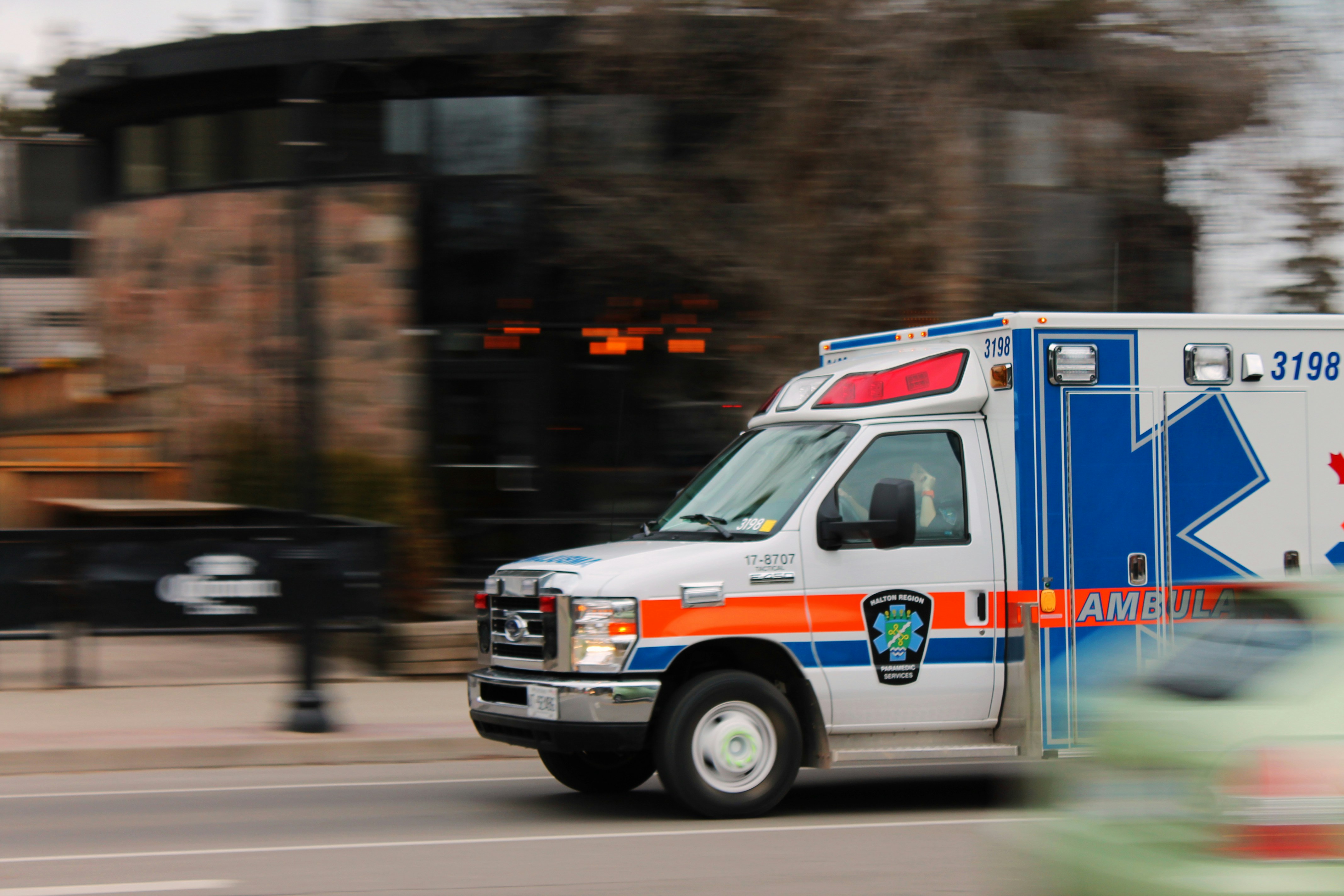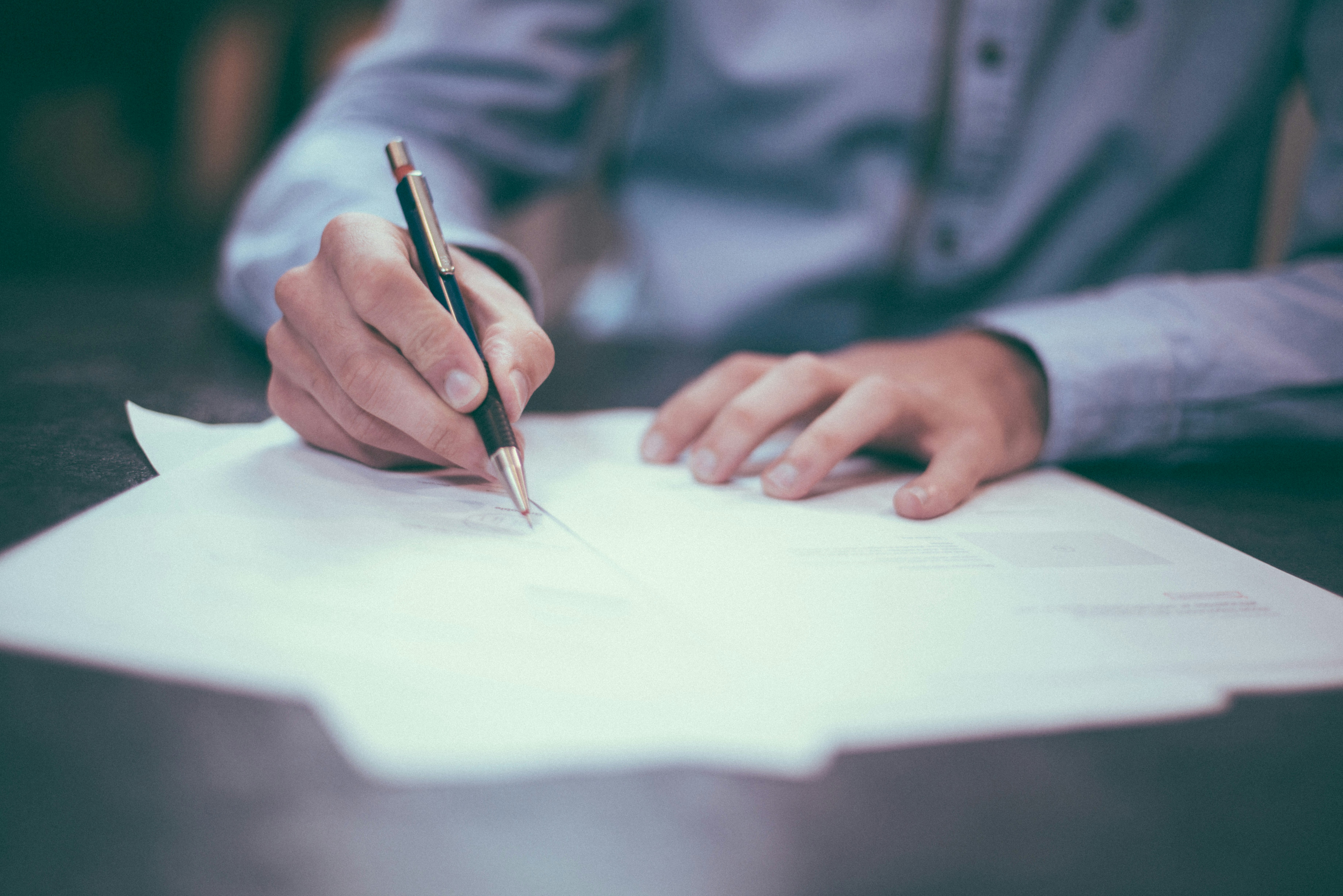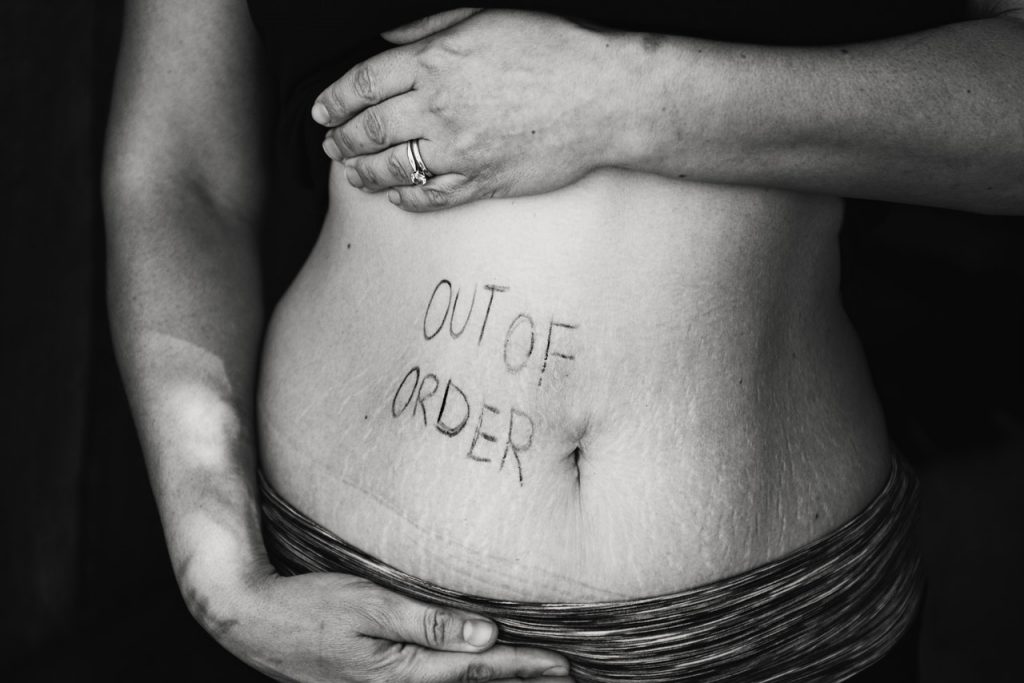Being involved in a car accident or another type of personal injury is a stressful and harrowing experience, and you may feel like you’re uncertain of what you should do next or where to turn. Rest assured that you’re not alone—many people feel this way after an automobile collision. There are certain steps you need to follow to make sure that you can file a claim with your insurance as well as go after the other driver’s insurance for compensation. Check out these six things you should do in this situation.
1. Seek medical attention after the injury occurs.

Immediately after the accident or injury, you should contact 9-1-1. That way, first responders will get to the scene quickly and figure out who may need to be transported to a hospital. Police will also arrive and begin assessing the scene, checking to see who should be assigned fault, and speaking to any witnesses who stayed.
Even if you feel that you don’t need medical attention, it’s still important to take care of your health. Visit your physician, so they can check for any other injuries that might not be immediately apparent at the scene of the injury or accident. For example, whiplash symptoms can take a few days to show themselves. Your doctor may also prescribe some medicine for you to help with any pain after the incident. They can also advise you on the safest way to renew a prescription if you need more.
2. Report your injury to the property owner.

If you’re injured on a residential or commercial property, you need to let the owner know immediately. At a store, you should ask for the manager. They will have to file an official store report about what happened to you. This is also important to do if you decide to move forward with any legal options. If the property owner was negligent in some way, then you may have grounds to file a claim with the owner to cover your expenses in treating the injury.
3. Try to get witness contact information.

Sometimes, accident witnesses will stop to assist you after the incident occurs. If possible, try to get their contact information. Their statements could prove incredibly valuable to you if they back up your account of the accident or injury. This will be beneficial especially if the other party avoids telling the truth about what happened.
If a witness can’t stay to speak to the police and give their statement, it also allows the police officers to contact them so that they can add their information to their final report. You’ll need that final report for your insurance company and the other party’s insurance company, so they can process your claim.
4. Keep records of everything after the accident.

After you’re injured, you’ll likely have financial obligations that you weren’t anticipating. If the accident wasn’t your fault, then you shouldn’t have to be stuck with those additional burdens. Make sure that you or a loved one track and keep records of your medical costs, any personal property damage, lost wages due to recovery, and more. All of this will pile up quickly, and if you keep a detailed record, it will be much easier if you decide to file a claim against the other party to track how much they, in theory, owe you for causing your injury.
5. Work on your mental health as well.

While you need to recover physically from your injury, your mental health is just as important. If you need to see a mental health professional about the accident, then do so. They can help you process your feelings after being involved in a traumatic incident. Sometimes, we, unfortunately, lose loved ones in these types of accidents, and therapy may aid in getting you through the stages of grief.
Self-care during this time is also vital. Splurge on some items that make you feel comfortable, such as leggings for women or comfy pajama pants for men. Schedule a therapeutic massage to help with the pain from whiplash or a slip and fall injury (but make sure to clear that with your doctor first). It could even be as simple as putting on a movie to distract you from the reality of recovery for a bit. Try to focus on your needs at this juncture so that you’re mentally strong enough to get through the physical recovery process.
6. Reach out to a personal injury attorney.

There is a lot to worry about and stress over after an injury or accident, but if you have a personal injury attorney working for you, they can take a lot of those worries off of your plate. For example, trying to speak with insurance companies, even your own, can be a huge pain. Insurance companies aren’t in the business of helping you—rather, they’re trying to hold on to their money in any way possible. They may try to fight you and your claim, and without a lawyer on your side to argue on your behalf, they can easily deny your case on a loophole.
Additionally, if you can file a claim, the amount you get could be affected by the percentage of fault you were assigned in the incident. Some states, like North Carolina, won’t let you file for anything if you have any fault whatsoever, ruining your chances at receiving compensation. Your attorney will work to get your fault reduced or eliminated by presenting information about your injury. This could include interviewing expert witnesses, obtaining security camera footage, presenting medical evidence, and other forms of proof to help prove your story.
Find the best lawyers in your area by doing extensive searches for “accident lawyers Denver” or “best personal injury attorney” so that you can easily explore who may be able to help you with your case. It’s also easy to see reviews that are posted about the lawyers and how they helped other clients receive the compensation they needed. Most injury lawyers work on contingency fees, meaning you’ll only have to pay a percentage if you win the case.


